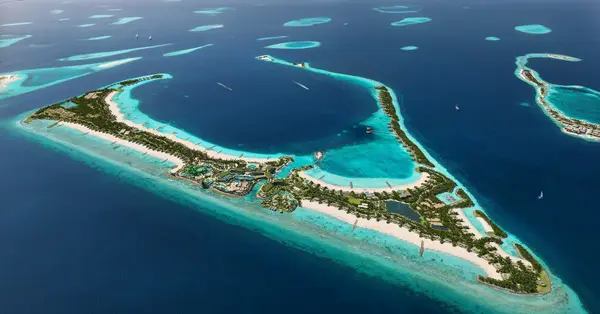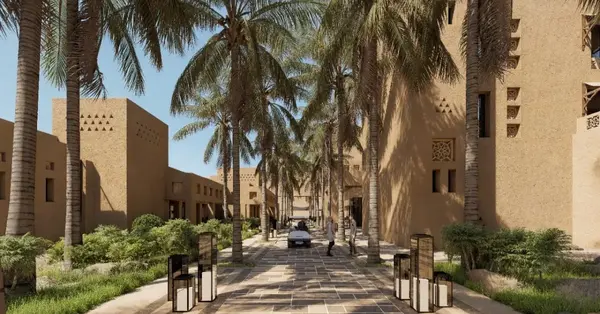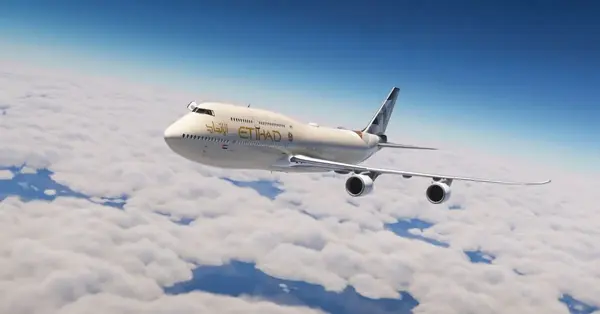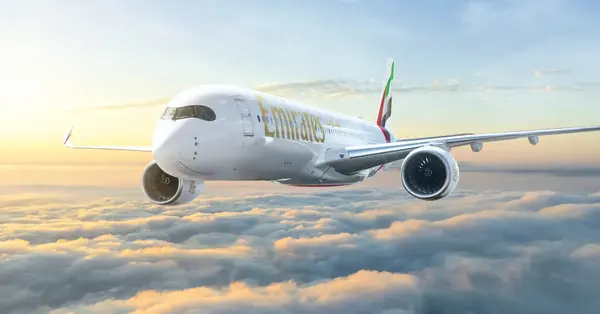Middle East hotel stays lengthen
Dubai among fastest-growing urban destinations, according to WTM’s global travel report

Middle East holiday stay durations have soared by two-thirds above pre-pandemic levels, with Saudi Arabia and the UAE leading the way, according to a report by World Travel Market (WTM).
The report, unveiled at WTM London, also showed that international travellers are expected to surpass 1.5 billion arrivals in 2025, fuelled by shifting habits, AI-driven demand and booming capacity growth.
GCC Tourism Development
Longer stays across the Middle East have been driven by Saudi Arabia’s wave of investments in new hotel and infrastructure projects, reshaping its tourism landscape.
Accor has recently unveiled plans for more than 3,000 keys across Saudi cities, including the world’s largest Sofitel property, set to open in Makkah (Mecca) by 2026.
In addition to accommodations, new experiences, such as the upcoming Dream of the Desert ultra-luxury train, are set to provide greater access to cities across the kingdom. The train journey builds on the country’s expanding railway network, offering travellers the chance to explore the country’s northern regions, running from the capital city of Riyadh to Al Hadithah, near the Jordanian border.
Elsewhere in the GCC region, Dubai in the UAE remains a key contributor to regional tourism, and international arrivals are expected to grow by 20% over the next five years. Beyond the Middle East, Thailand’s capital, Bangkok, is projected to see similar growth.
RELATED:
ATM to debut ultra-luxury lounge and travel tech showcase
Dubai’s Arabian Travel Market sees surge in Asia exhibitors
Visitor registrations double for Arabian Travel Market in Dubai
Evolving Travel Trends
WTM’s report also suggests that travellers are shifting their focus to purpose-driven trips, opting for meaningful experiences, leaning towards culturally immersive activities with local interaction.
Trips planned around live events, such as concerts and sports tournaments, are gaining popularity, too.
In addition, technology is transforming the travel experience, with new apps enabling travellers to curate personalised itineraries, while the addition of digital automation powered by AI tools in airports and other transit centres is facilitating faster, more seamless processing.
Furthermore, changing climate conditions are affecting when travellers book. Extreme weather events, such as wildfires and excessive heat, are causing shifts in demand for the traditional peak summer season to shoulder or off-season periods. The change has also boosted the popularity of ‘cool-cations,’ with travel to Nordic countries, such as Sweden, Norway and Finland, expected to grow by 9% this year.
For more information, visit hub.wtm.com
You have viewed both of your 2 free articles this month as an unregistered user
To continue reading, please register with Connecting Travel free of charge, or if you have already registered click here to login
















